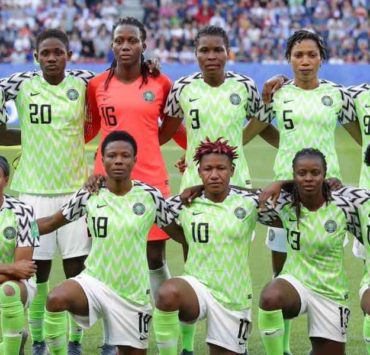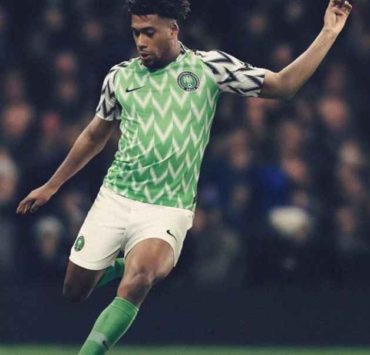The Need for a National Dispute Resolution Chamber in Nigeria

Lawyard is a legal media and services platform that provides…
Introduction
Arbitration has been adopted in football as a means of solving disputes between players and clubs, clubs, among other disputes. It has made the option of filing cases before civil courts a rarity, as aggrieved parties can file their grievances before approved arbitration bodies.
The FIFA Dispute Resolution Chamber was established in 2002 as an aftermath of the decision of the Court in the Bosman Ruling. Article 24 of the FIFA Regulations on the Status and Transfer of Players establishes the jurisdiction of the Dispute Resolution Chamber (DRC), while the Court of Arbitration for Sports has jurisdiction to hear matters as regards football, as provided for in Article 66 of the FIFA Statute.
The National Dispute Resolution Chamber
Article 1 of the Standard Procedure of the NDRC describes its jurisdiction. It states that the DRC has jurisdiction on disputes between players and clubs as regards employment and contractual matters as well as training compensation and solidarity contributions between clubs belonging to the same associations. Article 2 of the Standard Procedure states that the NDRC will apply the statute and regulations of the association, in line with the FIFA Statutes and regulations. The FIFA Statutes can also apply where the association is yet to fulfil its obligation as regards its statutes being in line with the FIFA regulations.
The members of the National Dispute Resolution Chamber are usually elected for four (4) years, which can be renewed. It consists of the Chairman and deputy chairman, selected by the player and club representatives; between 3 and 10 player representatives; and between 3 and 10 club representatives. It must be noted that the chairman and deputy chairman of the NDRC must be qualified lawyers. Also, no club may have more than one member of the NDRC.
In Australia, the first win under its NDRC was awarded after an Australian football club, Phoenix FC, terminated the contract of one of its players Lei Lei. The player was awarded compensation for the balance of the payments due to him from the date of termination until the expiry date of his contract.
The Nigerian Scene
The introduction of the National Dispute Resolution Chamber will provide an efficient way of resolving disputes between clubs and players in Nigeria. It has become commonplace, that players are owed months of salaries, and do not have proper channels to state their grievances. Although the body organizing the league has provisions for contractual matters being filed before the NDRC after exhausting the internal channels. Section D of the LMC Framework and Rules, titled ‘Arbitration, Dispute Resolution Chamber’ in Article 4 states that:
“All disputes arising from transfer of players, contracts, etc shall be referred to the DRC for adjudication.”
Although there exists a rule for matters being brought before the NDRC, its lack of establishment has made for clubs owing players months of salaries, and players being victims of signing one-year contracts, or contracts without the essentialia negotii (which includes the names of the parties, the object, the duration of the employment relationship, the salary and the signatures of the parties concerned).
In 2016, Warri Wolves failed to pay its players their wages and bonuses despite already collecting the reward money from the League Management Company (LMC) for finishing second place the previous season. In 2018, the players of a topflight side, FC Ifeanyi Ubah, threatened to go on strike if their salaries are not paid by the club (although the league had been on break since July).
It has also become common for clubs to reduce player salaries for poor performance, although the FIFA DRC decided that the insufficient and poor performance of a player level was no valid reason to pay the player less salary. In terms of the importance of establishing an NDRC, the Chairman of the FIFA Football Stakeholders Committee, Victor Montagliani said:
The NDRC programme is the result of a joint effort by stakeholders, with the objective of streamlining dispute resolution between players and clubs and offering an efficient and affordable alternative to traditional courts
Conclusion
The National Dispute Resolution Chamber should be established by the Nigeria Football Federation as a body to handle the disputes between clubs and players which seem to arise every season. This would also help reduce the problems of player salaries, and wrongful termination of contracts.
Eribake Ayomide Oloruntoba is a 500 level student of the Faculty of Law, University of Lagos. He has researched and written various articles as regards Sports Law, most of which have been published on a number of platforms. He has interests in sports law, arbitration, insurance law and research. During his free time, he loves watching football, reading, watching movies and writing.
Lawyard is a legal media and services platform that provides enlightenment and access to legal services to members of the public (individuals and businesses) while also availing lawyers of needed information on new trends and resources in various areas of practice.














